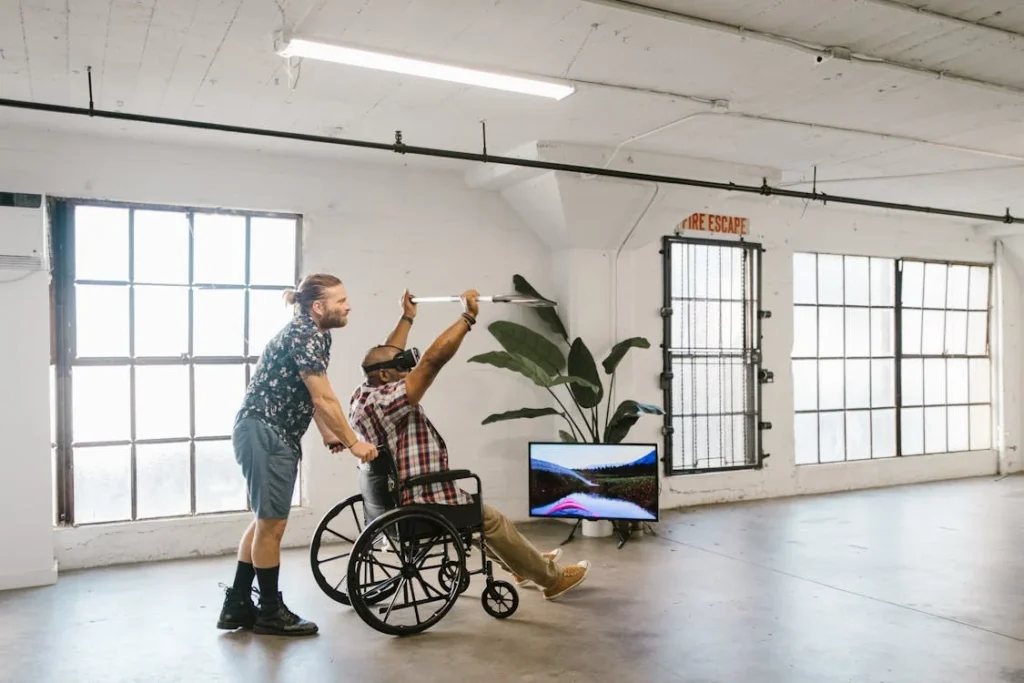Disability is not just about physical or sensory limitations; it is also shaped by how society treats those who experience it. In many cultures, disability is surrounded by social taboos that create barriers beyond the physical challenges themselves. These taboos can take many forms—stigma, isolation, discrimination, or even silent pity—and they deeply affect the mental health of disabled individuals.
When a person with a disability is constantly made to feel different, excluded from social spaces, or treated as someone who needs fixing, it takes a toll on their confidence and emotional well-being. Many disabled individuals struggle with anxiety, depression, and self-doubt—not because of their condition itself, but because of the way society reacts to it. Instead of focusing on what they can do, they are often reminded of what they cannot.
Understanding how social taboos impact mental health is crucial for creating a more inclusive world. It is not enough to improve accessibility in public spaces; we must also remove the invisible barriers created by outdated beliefs and attitudes. The more society normalizes disability, the less psychological burden disabled individuals will have to carry.
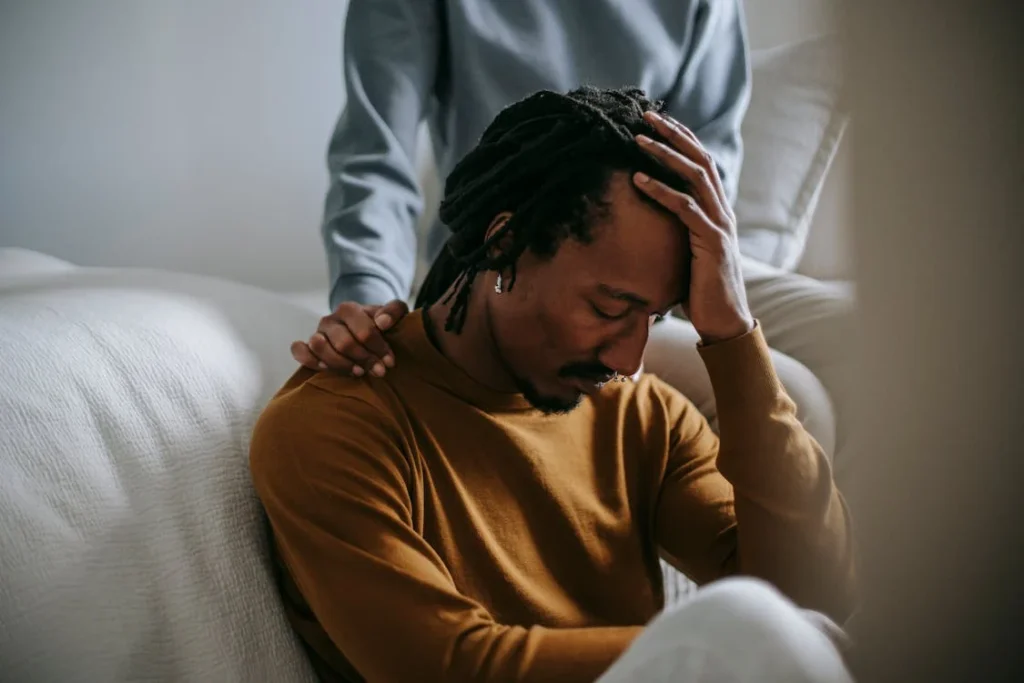
The Weight of Social Stigma on Mental Well-Being
The Burden of Being “Different”
From an early age, many disabled individuals are made to feel different from their peers. Whether it is being stared at in public, spoken to with unnecessary sympathy, or excluded from everyday activities, the message is clear: they do not fit into the mainstream idea of what is “normal.”
This constant reminder of difference can lead to deep-seated insecurities, making it harder for disabled individuals to develop self-confidence and a positive self-image.
For children with disabilities, school can be one of the first places where this exclusion is felt. While some educational institutions promote inclusivity, many still lack the infrastructure or attitude to make disabled students feel like they truly belong.
When a child is left out of playground activities, struggles to access classrooms, or faces bullying due to their disability, they begin to internalize feelings of rejection. This early experience often follows them into adulthood, shaping their sense of self-worth.
For adults, the workplace and social interactions present similar challenges. Many disabled individuals face employment discrimination, with potential employers assuming they will not be as productive as their able-bodied peers.
Even in social gatherings, people with disabilities may find themselves treated differently, either being ignored altogether or receiving excessive attention that makes them feel uncomfortable.
The pressure to constantly prove their worth to others can be mentally exhausting, leading to increased stress and anxiety.
The Fear of Judgment and Silent Suffering
In many cultures, disability is still viewed through a lens of pity or even shame. Families, fearing social judgment, may discourage their disabled relatives from being seen in public, attending social events, or seeking higher education and employment.
Some individuals with disabilities are made to feel like a burden, dependent on their family’s goodwill rather than recognized as capable individuals with dreams and ambitions.
This societal pressure often forces disabled individuals into silence about their struggles. They may avoid discussing their mental health issues for fear of being seen as weak or ungrateful.
When people constantly hear phrases like “You should be grateful for what you have” or “At least you are alive,” they feel guilty about expressing their emotional pain. The result is a cycle of silent suffering, where individuals suppress their emotions rather than seeking help.
For those with invisible disabilities, such as chronic pain conditions or mental health disorders, the struggle is even more complex. Because their disabilities are not always immediately visible, they may face skepticism from others, who question whether they are truly disabled.
This invalidation of their experiences adds another layer of distress, making it even harder to reach out for support.
Internalized Stigma and Self-Doubt
When society repeatedly sends the message that disability is a limitation rather than a different way of living, disabled individuals may begin to believe it themselves.
They may hesitate to apply for jobs, enter relationships, or pursue their passions because they have been conditioned to think they are not “enough.” This internalized stigma can be one of the most damaging aspects of disability-related mental health struggles.
Many disabled individuals feel pressured to either “overcome” their disability to prove their worth or to accept a passive role where they are dependent on others.
Both extremes create emotional distress, as they force individuals into unrealistic expectations rather than allowing them to embrace their unique identities.
The truth is, people with disabilities should not have to prove anything to anyone—they deserve respect and dignity simply for being who they are.
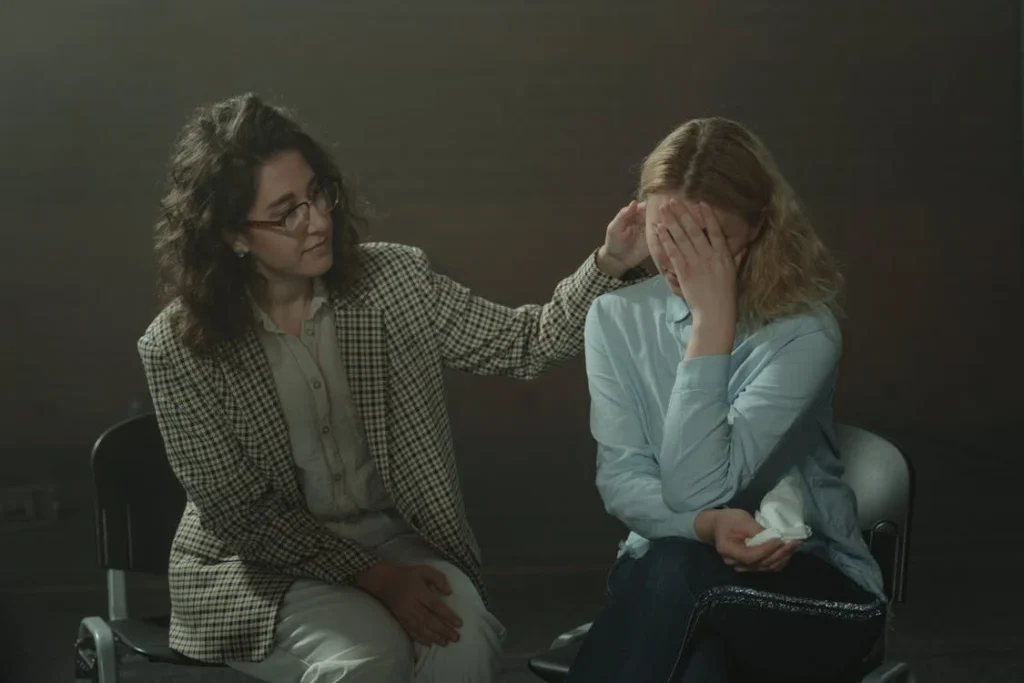
The Impact of Social Isolation and Limited Opportunities
Loneliness as a Consequence of Exclusion
One of the most profound effects of social taboos surrounding disability is isolation. Many disabled individuals find themselves excluded from activities that others take for granted—whether it is social gatherings, community events, or even casual conversations.
This exclusion is not always intentional; often, it comes from a lack of awareness or an assumption that disabled individuals would not be interested or capable of participating. However, the result is the same: a growing sense of loneliness and detachment from society.
When social spaces are not designed with inclusivity in mind, disabled individuals often have to put in extra effort just to be present.
Whether it is navigating inaccessible buildings, dealing with transportation difficulties, or feeling like an outsider in a room full of able-bodied people, the constant obstacles make participation exhausting.
Over time, many simply withdraw, not because they do not want to engage, but because the effort required to do so is overwhelming.
The absence of meaningful social interactions can have severe mental health consequences. Loneliness is a major risk factor for depression and anxiety, and when combined with societal stigma, it can lead to a deep sense of alienation.
The feeling of being left out, of watching life happen from the sidelines, can erode self-esteem and reinforce the idea that one is not truly part of the community.
Barriers to Employment and Independence
For many people, work is more than just a source of income—it is a source of purpose, identity, and social connection. However, disabled individuals often face significant barriers when it comes to employment.
Many workplaces are still not equipped to accommodate disabled employees, either in terms of infrastructure or attitudes. Hiring managers may hold biases, assuming that disabled individuals will be less productive or require excessive accommodations.
Even when laws exist to promote equal employment opportunities, discrimination often persists in subtle ways.
The lack of professional opportunities contributes to financial dependence, which in turn affects mental health. When a person is unable to earn a living due to societal restrictions rather than personal ability, it can create a sense of helplessness and frustration.
Many disabled individuals who are fully capable of working are denied the chance simply because employers do not want to make small adjustments that would enable them to perform their jobs effectively.
Beyond employment, even access to education and skill development is often limited for disabled individuals. Many schools and colleges lack the necessary accommodations for students with disabilities, and families, fearing future rejection from society, may not prioritize higher education for their disabled children.
The result is a cycle where disabled individuals are kept out of the workforce, reinforcing the idea that they cannot contribute to society in meaningful ways.
Relationships and the Fear of Rejection
Social taboos also deeply affect disabled individuals’ ability to form personal relationships. In many cultures, disability is still seen as a barrier to marriage and romantic relationships.
Families may discourage their disabled relatives from seeking a partner, assuming that no one would want to marry them. In some cases, even friendships become difficult, as people may hesitate to engage with a disabled person out of discomfort or uncertainty about how to interact.
The fear of rejection can be paralyzing. Many disabled individuals struggle with self-doubt, wondering if they are worthy of love or companionship.
When media and cultural narratives rarely show positive examples of disabled individuals in relationships, it reinforces the idea that romance is not something they can aspire to.
This creates a painful cycle where many give up on the idea of love altogether, not because they do not desire it, but because they believe society has already decided it is not meant for them.
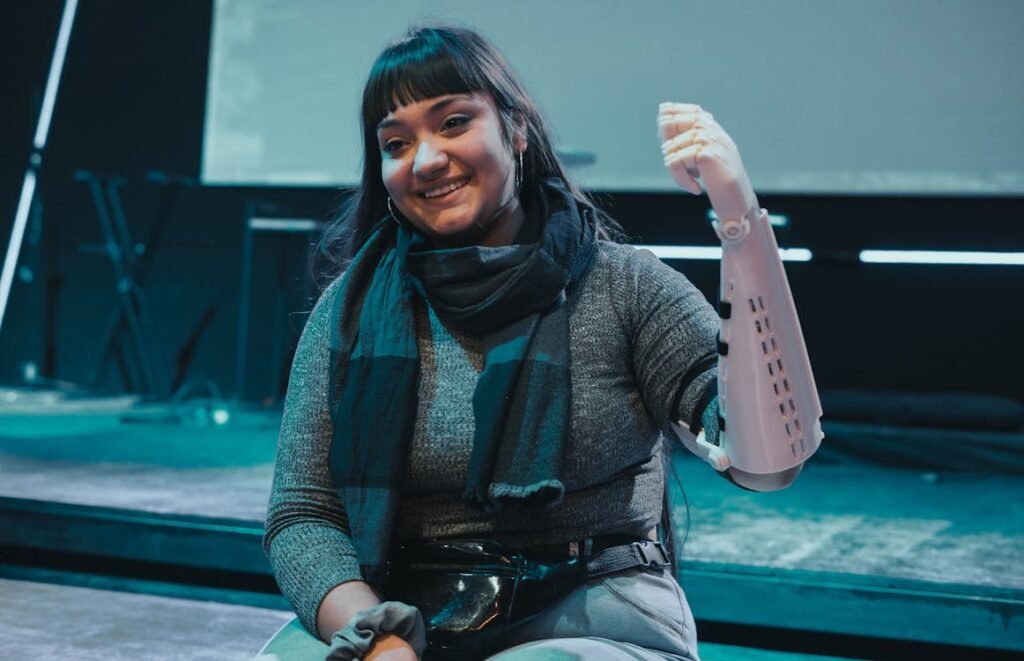
Breaking the Cycle: Overcoming Social Taboos and Supporting Mental Health
Creating a Culture of Acceptance
The first step in addressing the mental health challenges caused by social taboos is shifting societal attitudes toward disability. Disability should not be seen as something that isolates individuals or limits their potential.
Instead, it should be recognized as a part of human diversity—just like differences in language, culture, or personality. When people stop defining disabled individuals by their limitations and start seeing them as complete, capable individuals, many of the social barriers that contribute to mental distress will begin to dissolve.
Education plays a key role in this transformation. Schools, workplaces, and communities need to include discussions about disability in a way that promotes understanding and respect.
Instead of treating disability as a subject of pity, awareness programs should highlight the achievements and contributions of disabled individuals across various fields.
When children grow up seeing disabled role models in science, sports, business, and the arts, they will learn to view disability with respect rather than discomfort.
Public spaces must also reflect this shift in attitude. When accessibility becomes the norm rather than an afterthought, disabled individuals will naturally be included in everyday social interactions.
The more visible disability is in daily life, the less room there is for stigma to thrive. Instead of avoiding conversations about disability, society should encourage open discussions that normalize it rather than treating it as something unusual or unfortunate.
Encouraging Open Conversations About Mental Health
In many cultures, discussing mental health is still considered taboo, and for disabled individuals, this silence is even more profound.
The expectation to “stay strong” despite struggles, combined with societal attitudes that dismiss emotional pain, prevents many disabled individuals from seeking help when they need it. Breaking this silence is crucial.
Support systems must be put in place to ensure that disabled individuals have access to mental health resources without fear of judgment.
Counseling and therapy should be made more accessible, with trained professionals who understand the unique challenges faced by disabled individuals.
More importantly, seeking psychological support should not be seen as a sign of weakness but as a step toward self-care and empowerment.
Peer support groups also provide an essential space for disabled individuals to share their experiences and support one another. When people realize they are not alone in their struggles, the burden of isolation is lifted.
Being part of a community that understands their challenges can help individuals build confidence and resilience.
Promoting Self-Worth and Independence
For many disabled individuals, years of social conditioning have led them to believe they are not “enough.” This internalized stigma must be challenged, and one of the most effective ways to do so is by fostering self-worth and independence.
Employment and financial independence play a significant role in changing perceptions—both within the individual and in society at large.
When disabled individuals are given equal opportunities in the workforce, they are not only able to support themselves financially but also gain a sense of purpose and self-respect.
Governments, businesses, and educational institutions must work together to ensure that disabled individuals have access to skill development, entrepreneurship opportunities, and workplace accommodations.
Media representation also plays a vital role in promoting self-worth. When disabled individuals see themselves reflected in books, movies, and television in a way that highlights their strengths rather than their struggles, it reinforces the idea that they are valued members of society.
Instead of always portraying disabled individuals as dependent or “inspirational,” media should present them as complex individuals with full, vibrant lives.
Building Inclusive Relationships and Communities
A strong support system can make a world of difference in a disabled person’s mental well-being. Friendships, family relationships, and romantic partnerships all contribute to a sense of belonging and emotional security.
However, these connections must be built on mutual respect rather than obligation or pity.
Families must move away from the mindset that a disabled member is a burden. Instead, they should encourage independence while offering support when needed.
Friends and colleagues should also strive to treat disabled individuals as equals, recognizing their abilities rather than focusing on their disabilities.
In romantic relationships, inclusivity must be promoted at both a societal and personal level. Instead of treating disability as a barrier to love, it should be understood as just one aspect of a person’s identity.
The more society normalizes disabled individuals as romantic partners, the less fear and self-doubt they will experience in seeking meaningful relationships.
A Future Without Social Taboos
The effects of social taboos on disabled individuals’ mental health are real and profound, but they are not unchangeable. As conversations about disability become more open and inclusive, society has the power to eliminate the stigma that has held so many people back.
By promoting acceptance, providing equal opportunities, and ensuring that disabled individuals are included in all aspects of life, we can create a world where mental health is protected, self-worth is nurtured, and no one feels invisible because of their disability. Change starts with awareness, but it must continue with action.
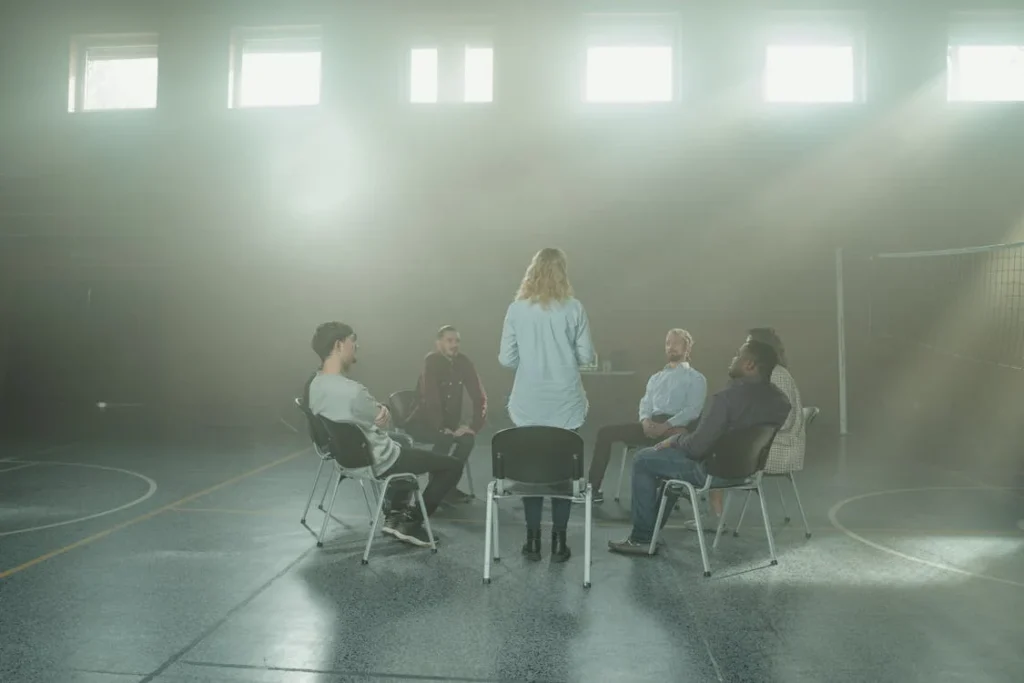
The Role of Policy and Advocacy in Combating Social Taboos
Legislation as a Tool for Social Change
While shifting cultural attitudes is essential, real progress cannot happen without strong legal protections and policies that ensure equal rights for disabled individuals.
Many countries have implemented disability rights laws, but enforcement remains a challenge, especially in societies where social taboos still dictate public perception.
When legal frameworks actively promote inclusivity, they help dismantle the stigma surrounding disability and mental health.
The Rights of Persons with Disabilities Act (RPWD) 2016 in India is an example of legislation that seeks to protect disabled individuals from discrimination in education, employment, and public services.
However, laws alone are not enough if they do not change societal behavior. Many disabled individuals continue to face prejudice in workplaces, schools, and social settings because the enforcement of these laws is inconsistent.
Strengthening accountability measures and ensuring that businesses, institutions, and government agencies comply with disability rights laws is crucial.
Mental health policies also need to be integrated into disability rights laws. While there has been progress in recognizing the mental health needs of the general population, disabled individuals are often overlooked in mental health initiatives.
Governments should prioritize funding for accessible therapy services, psychological support programs, and crisis intervention centers tailored to the unique experiences of disabled individuals.
Making mental health care affordable and available to all, including those in rural areas, is essential in breaking the cycle of silent suffering.
The Power of Disability Advocacy Groups
Disability rights organizations and advocacy groups play a crucial role in challenging social taboos. These groups provide a platform for disabled individuals to share their experiences, demand policy changes, and educate the public about disability inclusion.
By organizing awareness campaigns, workshops, and media outreach programs, advocacy groups help shift societal perceptions and normalize disability.
Grassroots organizations, in particular, are vital in reaching communities where disability is still heavily stigmatized. Local leaders and community members are more likely to be influenced by people they trust rather than national or global campaigns.
When respected figures within a community speak openly about disability and mental health, they challenge traditional biases and encourage others to do the same.
Disability activists also play an important role in holding institutions accountable. By lobbying for workplace accommodations, accessible public infrastructure, and inclusive education, they ensure that disabled individuals are not just given legal protections on paper but real opportunities to thrive.
When disabled individuals are visible in all sectors of society—whether in politics, business, entertainment, or sports—it reinforces the idea that disability is not a limitation, but a different way of experiencing the world.
Global Movements and Their Influence on Local Change
The rise of global disability rights movements has helped spark conversations about disability inclusion in many parts of the world.
Campaigns such as the United Nations’ Disability Inclusion Strategy and the WeThe15 movement have helped raise awareness about the importance of disability representation and equal rights.
These movements challenge governments and societies to move beyond mere tolerance and toward full inclusion.
International pressure often leads to policy changes at the national level, but real impact happens when these ideas are embraced by local communities.
Social media has become a powerful tool for bridging the gap between global advocacy and everyday experiences.
Disabled influencers, activists, and educators use digital platforms to share their stories, highlight challenges, and connect with others facing similar struggles. These voices help dismantle stereotypes and create a more relatable and authentic representation of disability.
However, global conversations must also take into account cultural differences. Solutions that work in one part of the world may not be effective in another.
It is important for disability rights movements to adapt their approach based on cultural contexts, ensuring that change is meaningful and sustainable at the local level.
Looking Ahead: The Path to an Inclusive Society
The fight against social taboos affecting disabled individuals’ mental health is ongoing, but progress is being made. As policies strengthen, advocacy efforts grow, and global conversations continue, society is moving toward a future where disability is no longer seen through a lens of pity or stigma.
For real change to happen, every sector—government, businesses, media, and communities—must take responsibility.
It is not enough to rely on legislation alone; change must happen in people’s daily interactions, in how children are taught about disability, in how workplaces accommodate different needs, and in how public spaces become more inclusive.
When disabled individuals are empowered to live with dignity and confidence, free from social judgment, the impact extends beyond them—it creates a more compassionate and just world for everyone.

The Intersection of Disability, Mental Health, and Cultural Identity
Cultural Expectations and the Emotional Strain on Disabled Individuals
Cultural identity plays a profound role in shaping how individuals view themselves and their place in society. For disabled individuals, cultural expectations often add an extra layer of emotional strain, as they are expected to conform to societal norms that were not designed with them in mind.
Many cultures place a strong emphasis on physical ability, productivity, and independence, which can make those with disabilities feel as though they are falling short of societal standards.
In traditional family structures, there is often pressure to contribute in specific ways—whether through work, marriage, or caregiving. When a person with a disability is unable to meet these expectations due to mobility limitations, chronic illness, or sensory impairments, they may feel like they are disappointing their family or community.
This can lead to deep feelings of guilt, frustration, and emotional exhaustion, all of which contribute to declining mental health.
For disabled women, cultural expectations around beauty, fertility, and caregiving create additional burdens. In societies where a woman’s worth is often tied to marriage and motherhood, a physical disability may be seen as a barrier to fulfilling these roles.
Many women with disabilities experience social rejection not because they lack the ability to form relationships or raise children, but because society refuses to see them as capable partners or mothers.
The emotional impact of being told they are “less than” can lead to severe self-doubt, social withdrawal, and depression.
Religious and spiritual beliefs also influence how disability is perceived. In some cultures, disability is seen as a test of faith, a form of karma, or even a punishment for past actions.
While these beliefs may offer comfort to some, they can also create feelings of shame and helplessness. If a person with a disability is repeatedly told that their condition is the result of past mistakes or divine will, they may struggle to seek support or even feel unworthy of happiness.
This type of stigma not only isolates disabled individuals but also prevents them from advocating for their own well-being.
The Psychological Toll of Social Exclusion
Beyond family expectations, broader societal exclusion can have a damaging impact on mental health.
Social connections play a fundamental role in human happiness, yet many disabled individuals find themselves excluded from everyday activities that provide emotional support and belonging.
Whether it is a lack of accessible public spaces, limited social opportunities, or the discomfort of others in interacting with them, the barriers to forming meaningful relationships can be overwhelming.
For many disabled individuals, loneliness is not just an occasional experience but a persistent state of being. They may hesitate to attend social gatherings for fear of being seen as an inconvenience.
They may struggle to form friendships if they are constantly viewed through the lens of their disability rather than as a whole person. In the workplace, they may feel isolated if colleagues treat them differently or assume they are incapable of handling responsibilities.
These repeated experiences of exclusion create a sense of invisibility, reinforcing the idea that they do not truly belong.
The lack of representation in media and public life further deepens this sense of isolation. When disabled individuals do not see themselves reflected in leadership roles, entertainment, or mainstream culture, it sends the message that they are not valued members of society.
Over time, this can lead to feelings of worthlessness, anxiety, and even suicidal thoughts. When people are constantly made to feel like outsiders, their mental health inevitably suffers.
The Need for Identity-Affirming Spaces
To combat the negative effects of cultural exclusion, it is essential to create spaces where disabled individuals feel seen, heard, and valued.
Disability pride movements have emerged as powerful platforms for challenging societal norms and empowering individuals to embrace their identities.
These movements encourage people with disabilities to reject societal shame and instead celebrate their uniqueness, talents, and contributions.
Community-building is one of the most effective ways to support the mental health of disabled individuals. Disability advocacy groups, support networks, and mentorship programs provide safe spaces where people can share their experiences without fear of judgment.
When disabled individuals connect with others who have faced similar struggles, they gain validation, encouragement, and a sense of belonging. This emotional support can be life-changing, helping individuals rebuild self-esteem and find confidence in their identity.
Additionally, cultural representation plays a key role in reshaping societal attitudes. When people with disabilities are visible in media, politics, business, and the arts, they challenge stereotypes and create new narratives.
Seeing successful disabled individuals in leadership roles, relationships, and creative fields helps break the misconception that disability is a life-limiting condition.
When disabled individuals are recognized as integral parts of society, mental health outcomes improve, as the burden of proving their worth is lifted.
Creating a more inclusive culture requires collective effort. It is not just about laws or policies, but about changing the way society thinks and behaves.
By encouraging open conversations, embracing diverse identities, and ensuring that disabled individuals are given the same opportunities as everyone else, we can build a world where mental health is protected, dignity is upheld, and no one is made to feel invisible because of their disability.

Breaking Generational Patterns: Changing Attitudes Toward Disability and Mental Health
How Cultural Conditioning Reinforces Taboos
Attitudes toward disability are often passed down through generations, shaping how families and communities perceive disabled individuals.
Many of the taboos that exist today stem from outdated beliefs that were never questioned, simply accepted as part of cultural norms.
If past generations viewed disability as a weakness, an obstacle to marriage, or a burden on the family, those ideas continue to shape how disabled individuals are treated in the present.
Parents and elders, often with good intentions, may discourage a disabled family member from pursuing education, work, or relationships because they believe it will protect them from disappointment or failure.
However, this overprotection often limits personal growth and independence, creating a cycle where disabled individuals remain dependent on their families rather than developing the confidence to navigate life on their own.
The assumption that a person with a disability will always need caretaking prevents many from realizing their true potential.
In some families, disability is seen as something to be hidden rather than openly discussed. If a child is born with a disability, parents may feel shame or worry about how society will perceive them.
They may avoid seeking medical help, therapy, or assistive devices out of fear of drawing attention. As a result, the child grows up internalizing the idea that their disability is something to be ashamed of, leading to deep-rooted self-doubt and mental health struggles.
For older generations, mental health itself is often misunderstood. Many cultures view emotional distress as a sign of weakness rather than a legitimate health concern.
Phrases like “just be strong” or “don’t think about it” are often used to dismiss anxiety, depression, and trauma, making it even harder for disabled individuals to express their struggles.
If a person with a disability experiences psychological distress, they may be told that it is simply part of their condition rather than something that can be addressed through counseling or mental health support.
The Role of Education in Shifting Mindsets
One of the most effective ways to break generational patterns is through education. When people are exposed to new perspectives, they begin to question the beliefs they once accepted as absolute truths.
Schools, community programs, and awareness campaigns play a crucial role in teaching younger generations that disability is not a limitation but a natural part of human diversity.
Disability education should be included in school curriculums from an early age. When children grow up alongside disabled classmates and learn about different abilities, they develop empathy and understanding rather than fear or pity.
This exposure helps prevent the development of harmful stereotypes and creates a more inclusive mindset for future generations.
For adults, workplace training programs and public awareness initiatives can help challenge long-held misconceptions. Employers, teachers, and healthcare providers should be trained to recognize unconscious biases and learn how to create environments that support disabled individuals rather than exclude them.
When people see firsthand how disabled individuals contribute to society—whether as professionals, artists, athletes, or leaders—they begin to see ability rather than limitation.
Encouraging Intergenerational Conversations
Breaking cultural taboos requires open dialogue between generations. Many older family members may not have had access to disability awareness resources when they were younger, meaning their perspectives are shaped by outdated social norms.
Instead of confronting these beliefs with anger or frustration, conversations should be approached with patience and education.
Disabled individuals and their allies can initiate discussions that help families see disability in a new light. Sharing personal experiences, introducing real-life role models, and highlighting success stories can gradually shift the way older generations perceive disability.
When elders understand that a disabled family member is capable of achieving independence, pursuing a career, and building relationships, they are more likely to support their journey rather than hold them back.
Social media has also become a powerful tool for bridging generational gaps. Many young people turn to online communities where they find validation, support, and representation that may be lacking in their immediate environment.
By sharing these perspectives with their families—whether through articles, videos, or social media influencers—disabled individuals can introduce new ways of thinking without direct confrontation.
Cultural attitudes do not change overnight, but with persistent education and open conversations, the cycle of stigma and exclusion can be broken.
When families, schools, and workplaces embrace a more inclusive mindset, they create a world where disabled individuals are not held back by societal perceptions but are free to define their own paths.
Conclusion
Social taboos surrounding disability have long contributed to mental health struggles, creating a cycle of exclusion, shame, and self-doubt. Cultural attitudes that view disability as a limitation rather than a form of diversity have led to isolation, restricted opportunities, and internalized stigma for many disabled individuals. However, these perceptions are not unchangeable.
By fostering open conversations, challenging outdated beliefs, and promoting education, society can create an environment where disabled individuals are valued for their abilities rather than defined by their limitations. Representation in media, inclusive policies, and accessible mental health support play a crucial role in breaking down barriers. Families, schools, and workplaces must take active steps to ensure that disabled individuals are fully included in every aspect of life.
The path to change lies in shifting mindsets from pity to empowerment, from exclusion to inclusion. Disability should not be seen as something to hide or overcome but as a natural part of human diversity. A more accepting world is not just beneficial for disabled individuals—it is essential for building a more compassionate and equitable society for all.



